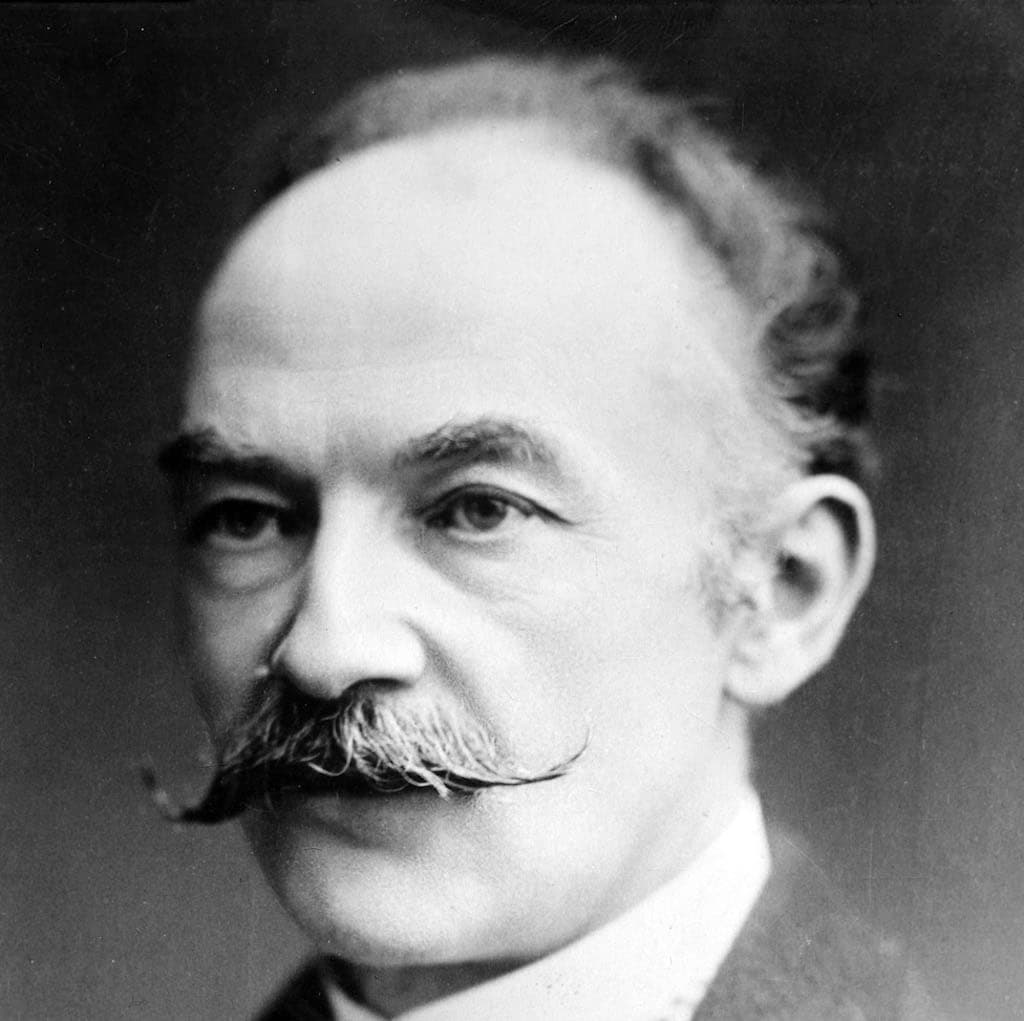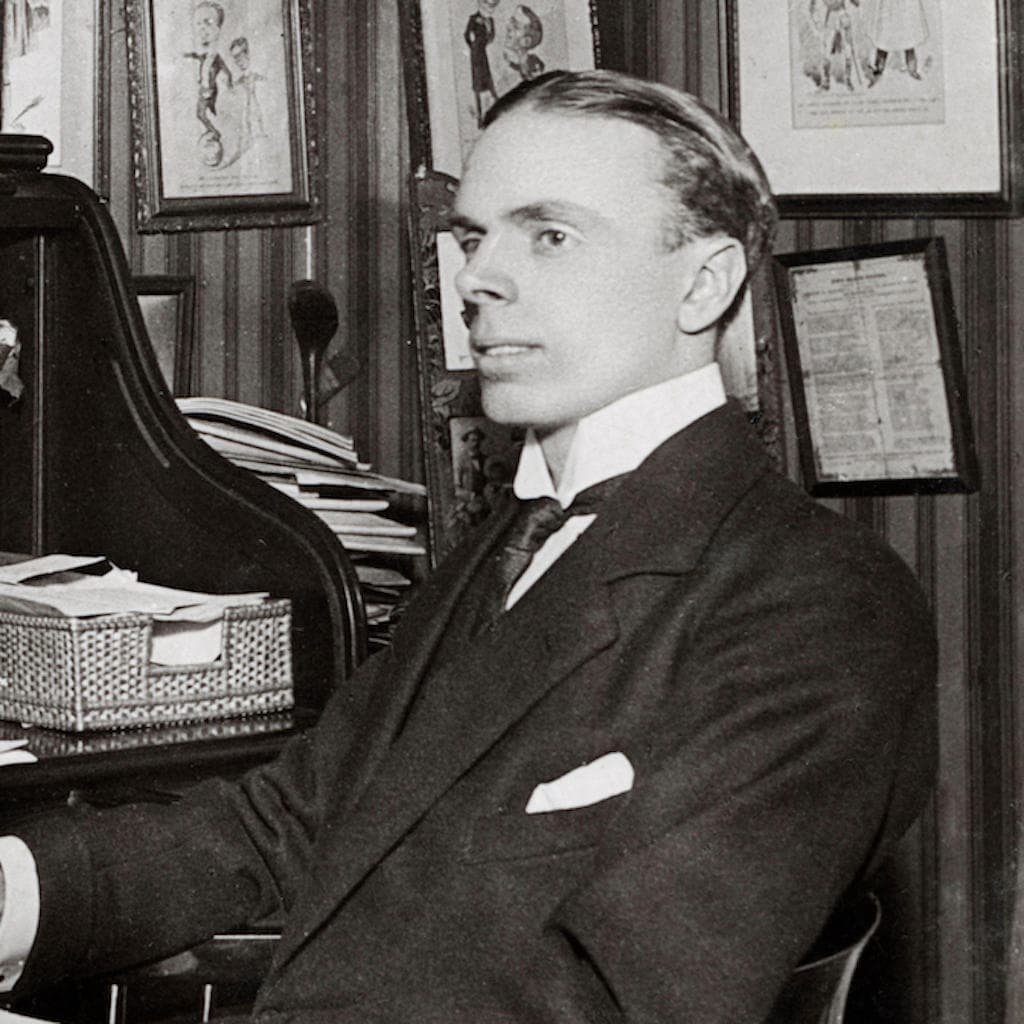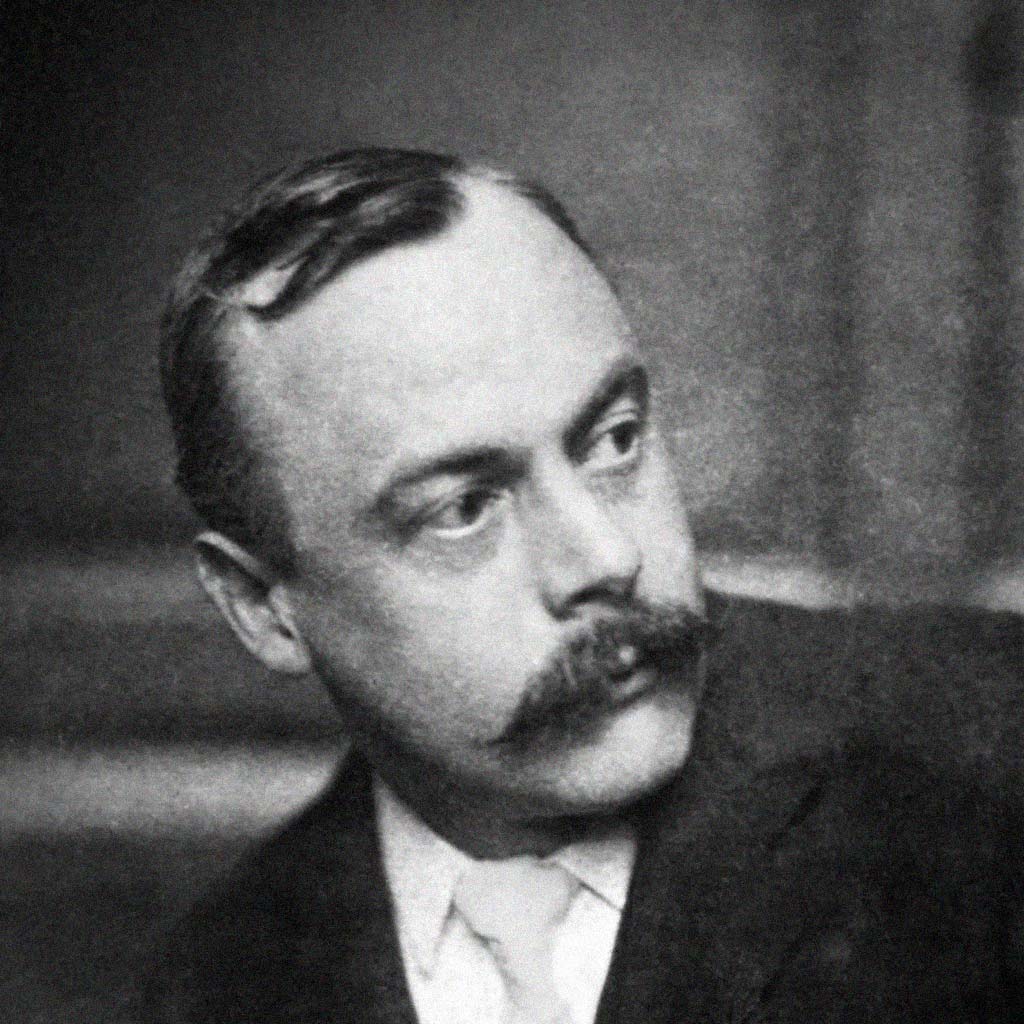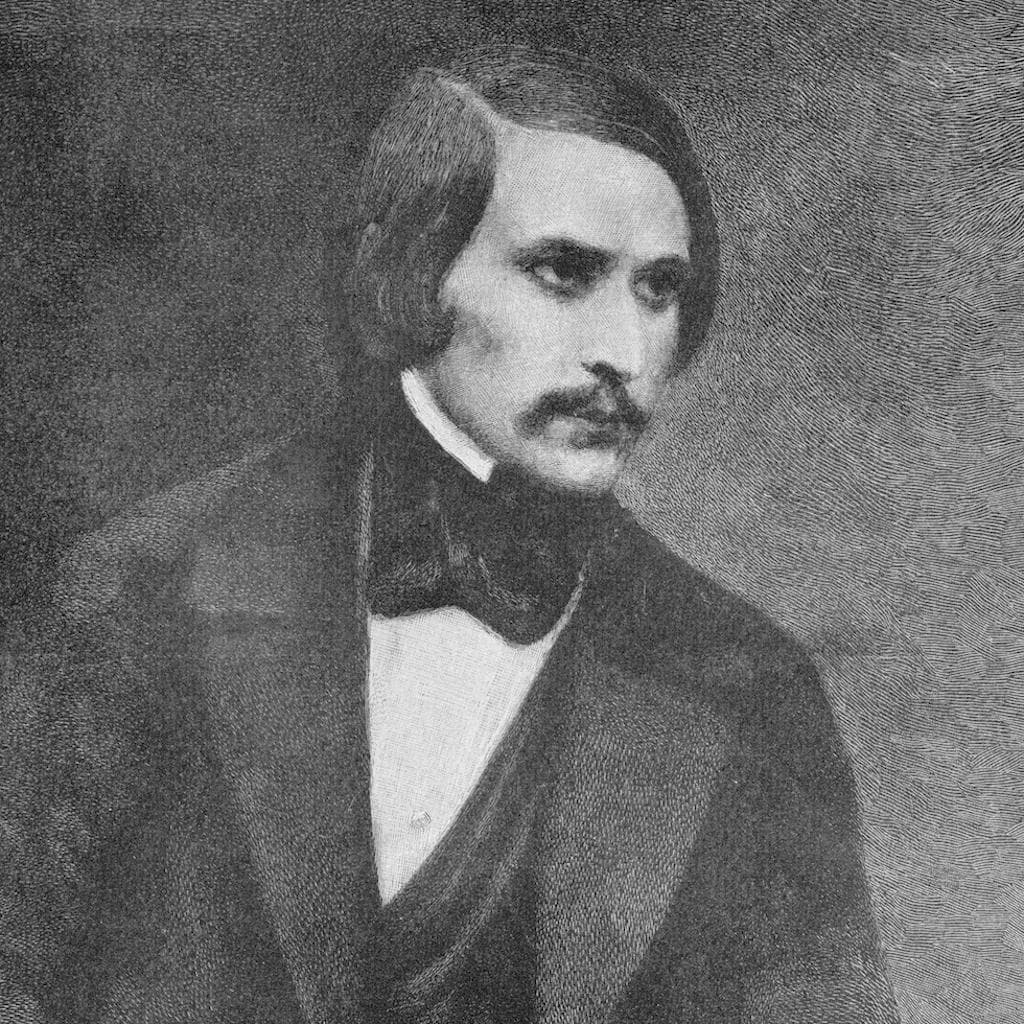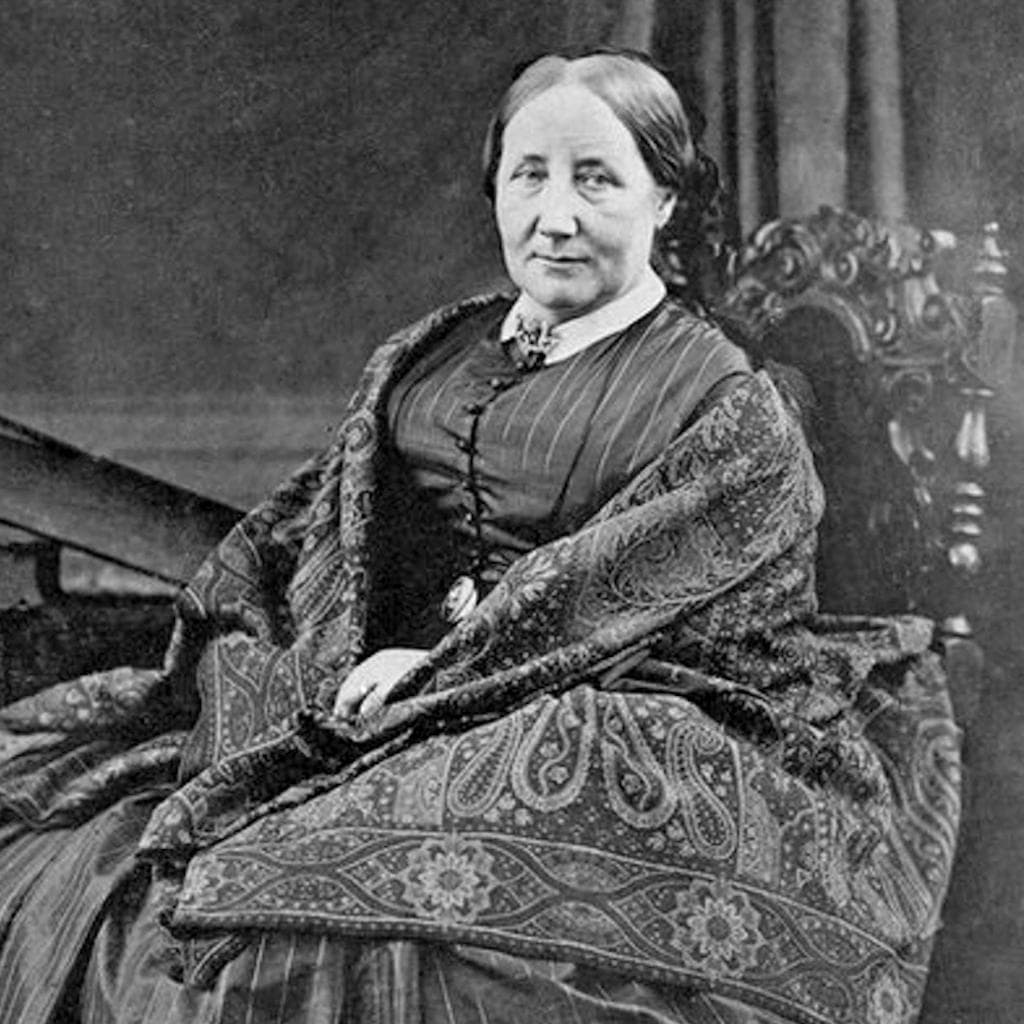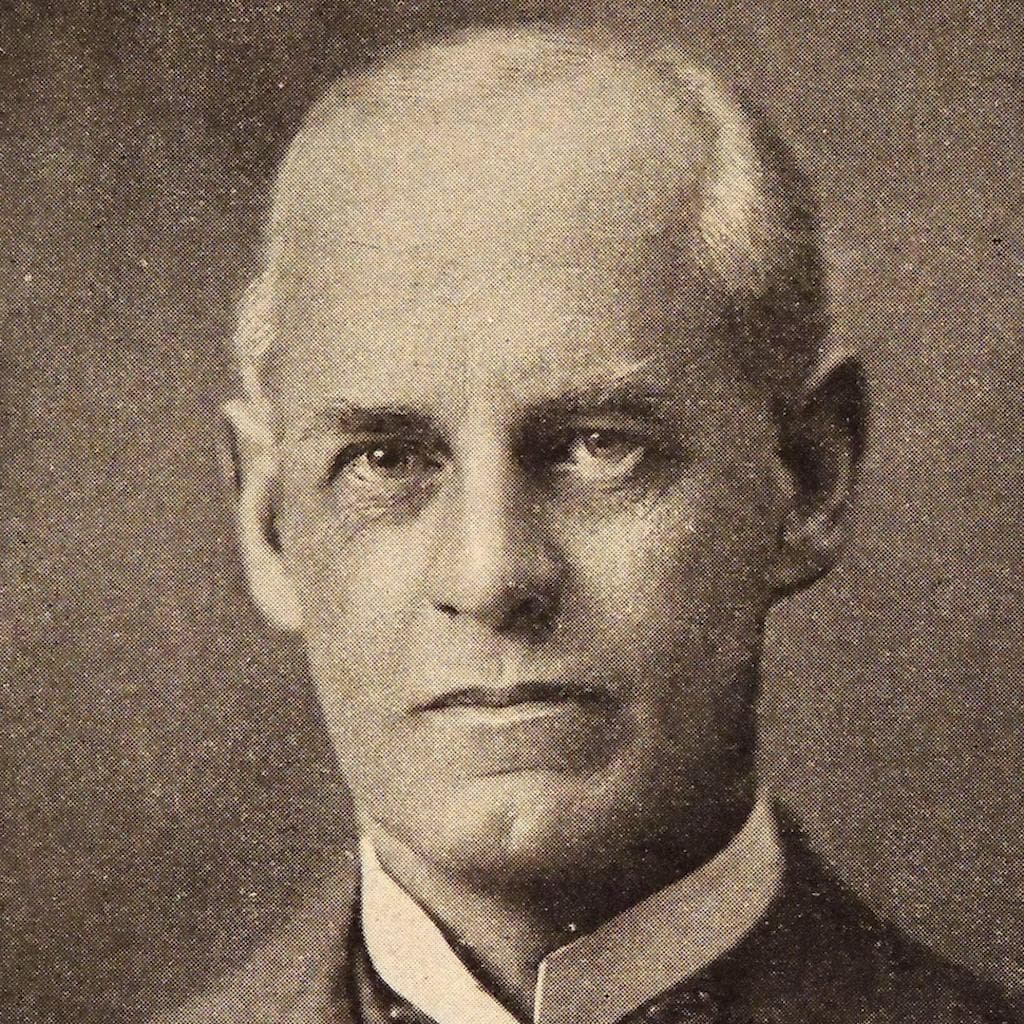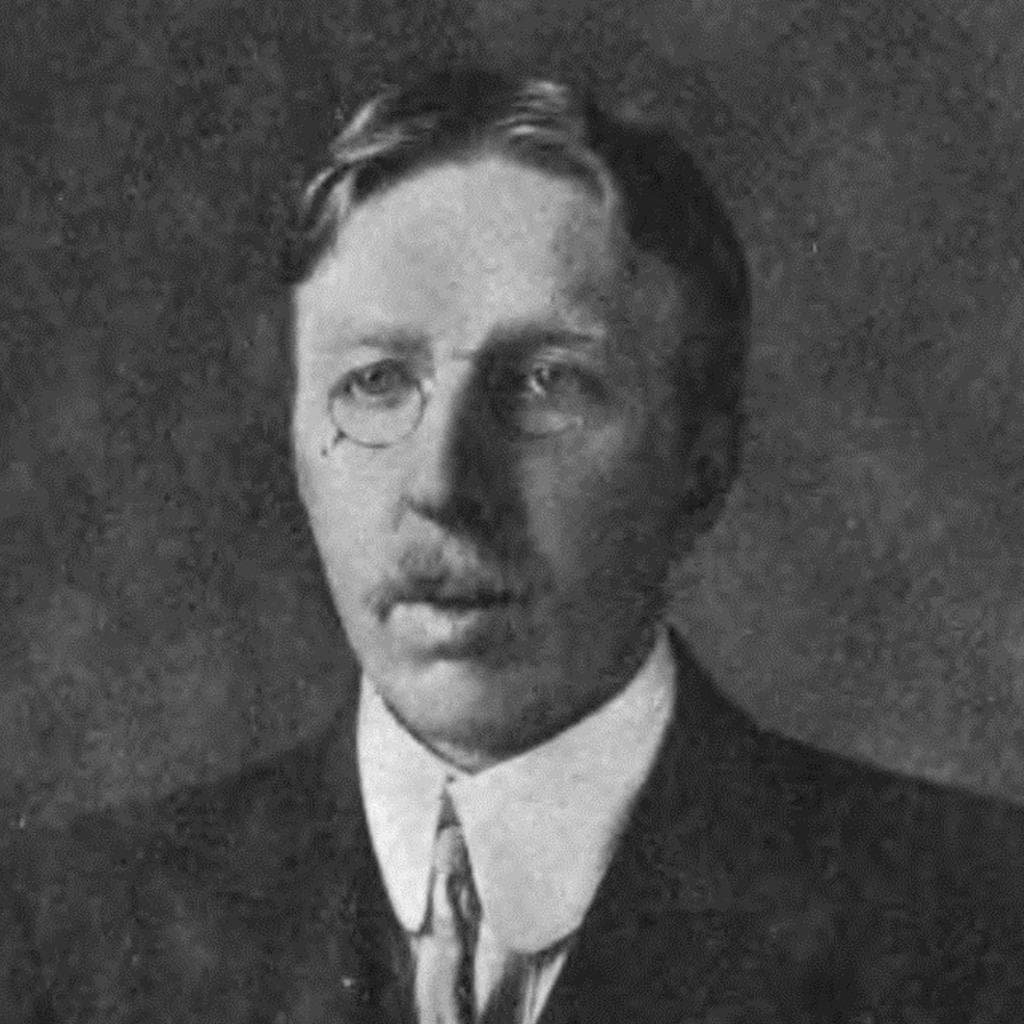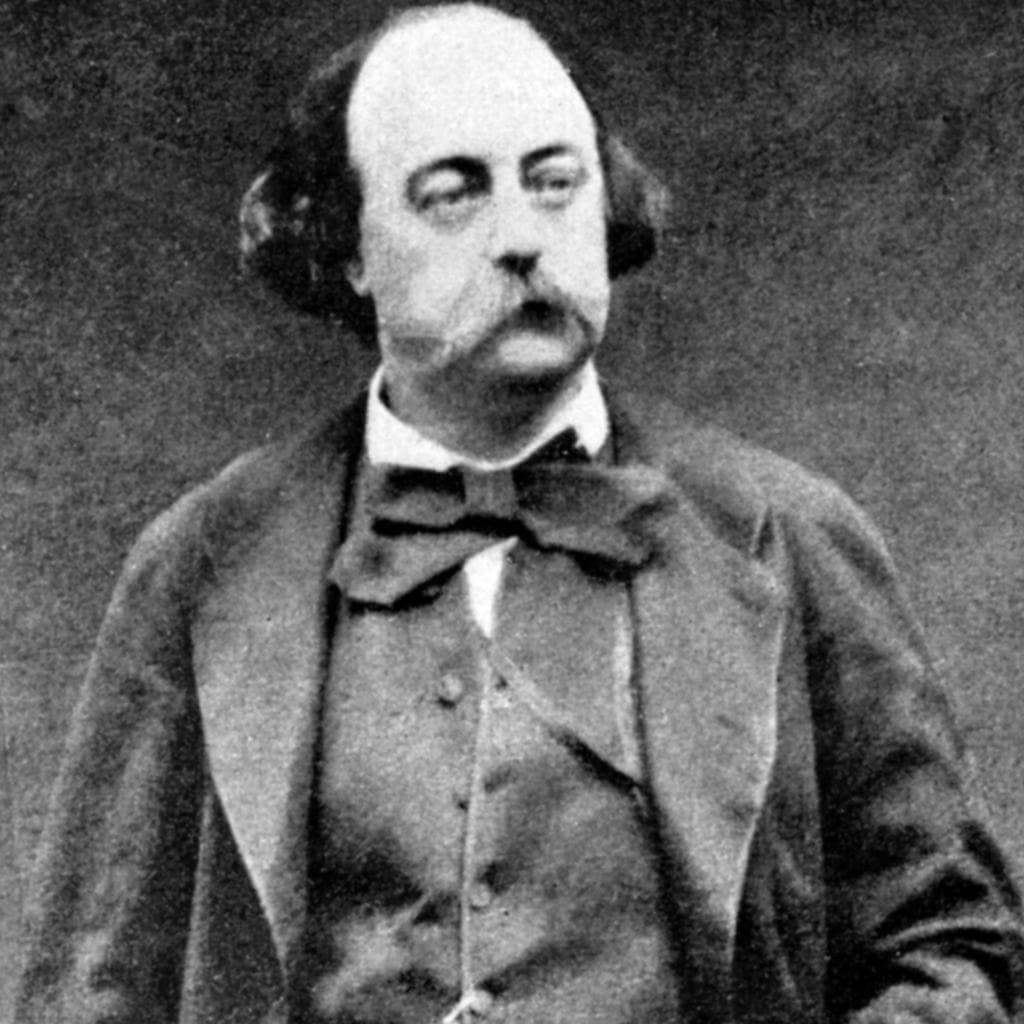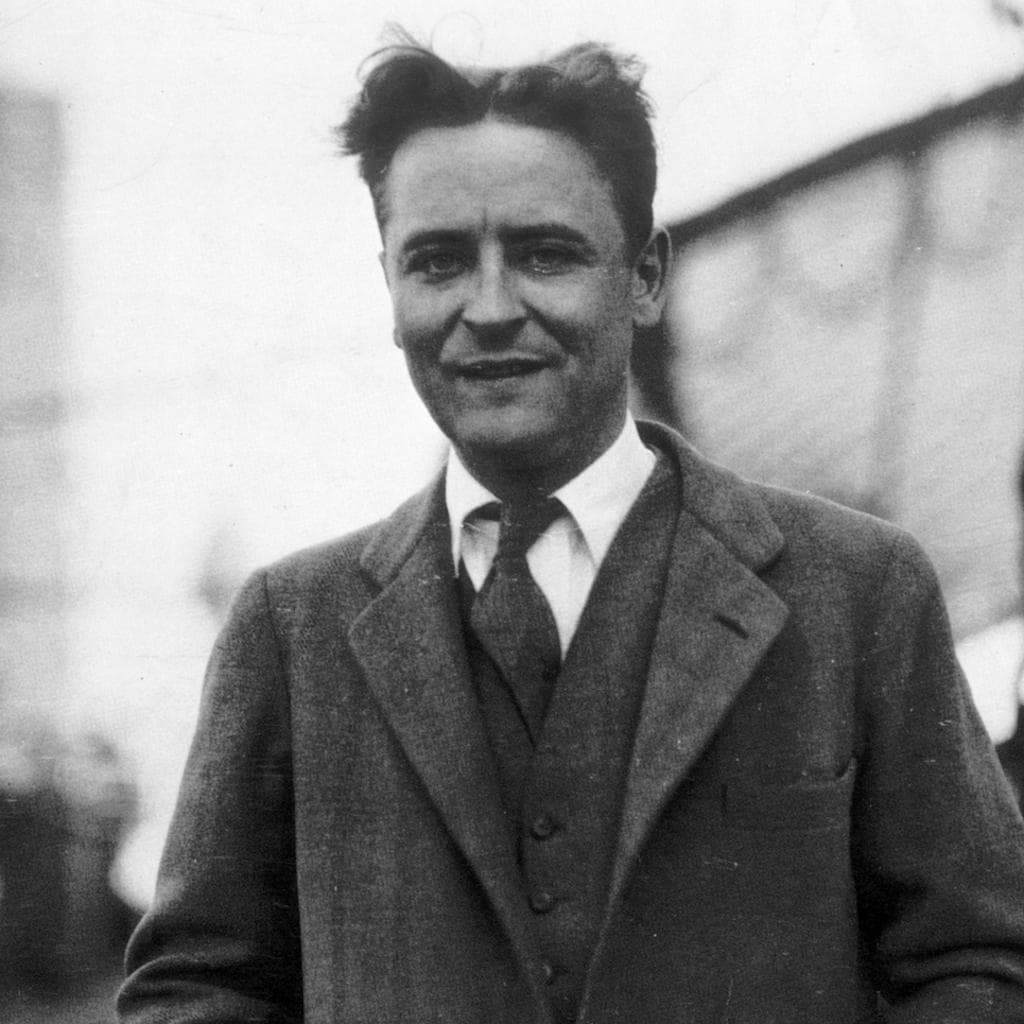BLOG POSTS
Archives: Book Authors
Hardy Thomas
Thomas Hardy (1840-1928) had a writing career which spanned more than fifty years, and he is now considered both a major novelist and poet. His tales of Wessex, a fictional amalgamation of various south-west counties, have a lasting appeal, and many, such as ‘The Mayor of Casterbridge’ and ‘Tess of the d’Urbervilles’ have become popular television adaptations.
Grossmith George and Weedon
George Grossmith (1847 – 1912) and Weedon Grossmith (1854 – 1919) were brothers, both of whom were known for their careers on the stage. They collaborated in writing a column for ‘Punch’ between 1888-9, which was published as ‘The Diary of a Nobody’ in 1892. Never out of print, it is one of the classic works of English comedy.
Grahame Kenneth
Kenneth Grahame 1859-1932 had an unusual writing career. He became an essayist of some note while working his way up to a senior position at the Bank of England, but ceased writing when he retired, then married in 1899. His classic work, ‘The Wind in the Willows’, came from bedtime stories he wrote for his young son and was published in 1908. Although he lived for over twenty years after, it was his last published work.
Gogol Nikolai
Nikolay Vasilievich Gogol (1809 – 1852) was a Russian dramatist, novelist and short-story writer, whose satirical works on Russian life in general, and political corruption in particular eventually led to his exile. His best works, including ‘Dead Souls’ and ‘The Nose’, make him one of the funniest, yet profound, writers in literature.
Gaskell Elizabeth
Elizabeth Cleghorn Gaskell (1810-1865) was a popular Victorian novelist, whose works realistically portrayed the harsh realities of urban poverty and industrial strife. Her status as a fine novelist continues to this day, with the television adaption of ‘Cranford’ increasing public awareness of her works. She was also a talented writer of supernatural stories, as the Wordsworth collection of her stories demonstrates.
Galsworthy John
When John Galsworthy (1867-1933) died, he was at the height of his popularity with the reading public, and had been awarded the Nobel Prize for Literature in 1932. Already derided by modernist writers like Woolf and Lawrence for his old-fashioned values, interest in his works fell away sharply. The revival came in 1967, when the BBC Television adaptation of ‘The Forsyte Saga’ firmly established his place in literary history once more.
Ford Ford Madox
One of the primary reasons for the works of Ford Madox Ford (1873-1939) being undervalued was his own endless self-promotion – truly a legend in his own mind – which tended to produce the opposite effect with his critics. In truth, ‘The Good Soldier’ is one of the great modern novels, ranking alongside Conrad, Joyce and James, and his fine tetralogy which makes up ‘Parade’s End’ has been the subject of a recent TV adaptation.
Flaubert Gustave
Gustave Flaubert (1821-1880) achieved instant success and fame, indeed notoriety, with his first novel, ‘Madam Bovary’, published in 1857. He was prosecuted on the basis that the novel was ‘offensive to public morality and religion’. Although found not guilty, Flaubert earned a lecture from the judge on the dangers of ‘realism’. The book was a huge success, and Flaubert came to be considered one of the great novelists of Western literature.
Fitzgerald F. Scott
There are few, if any, classic novelists whose current popularity exceeds that of F. Scott Fitzgerald (1896-1940). With his novels and short stories of ‘The Jazz Age’, Fitzgerald is considered one of the greatest American novelists of the twentieth century, and ‘The Great Gatsby’ is his masterpiece.
